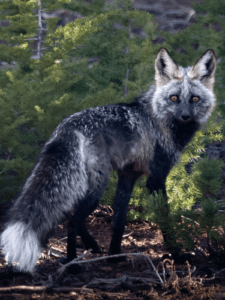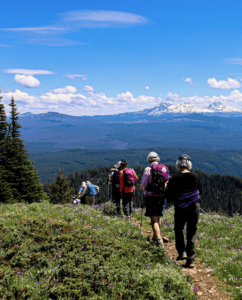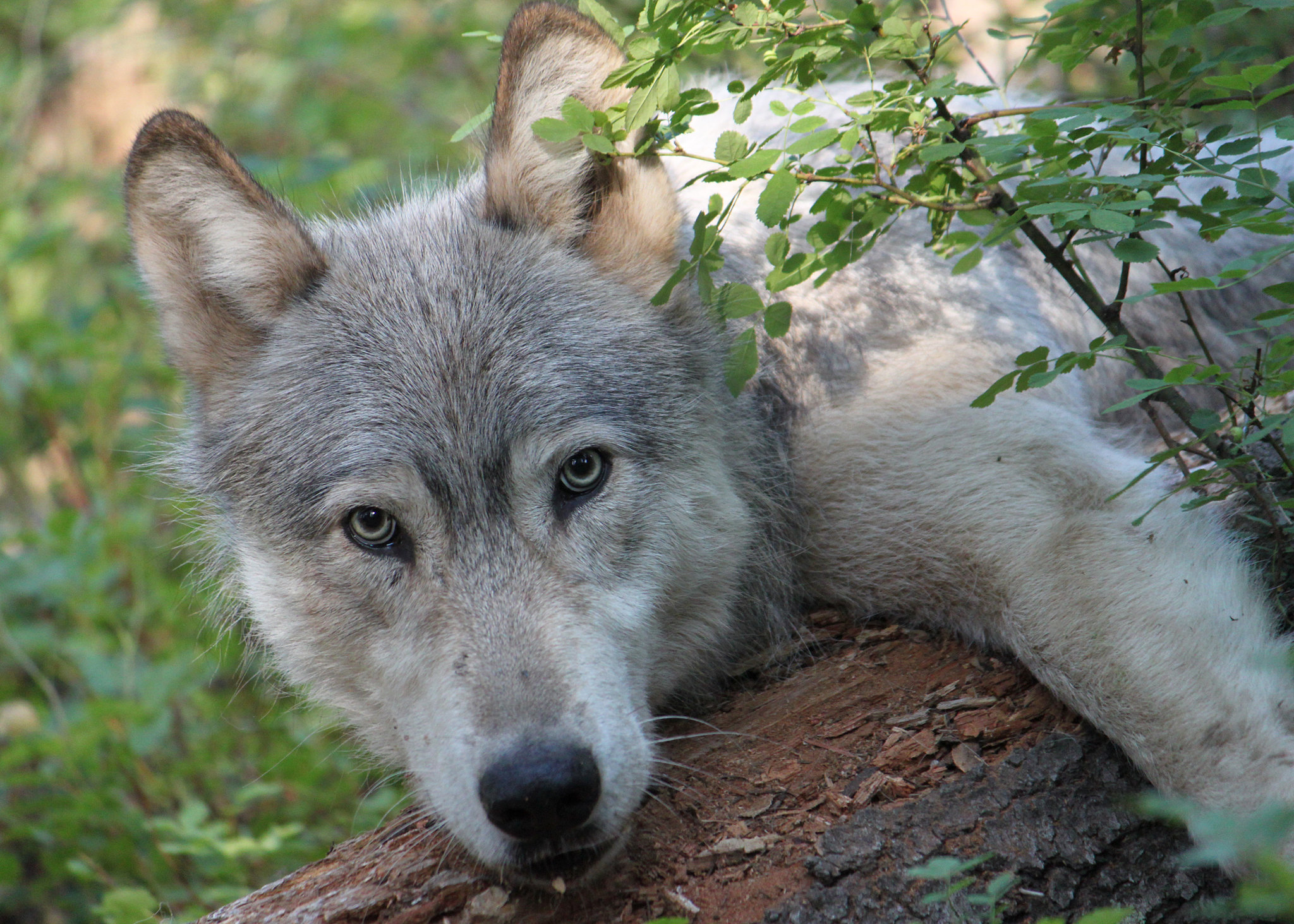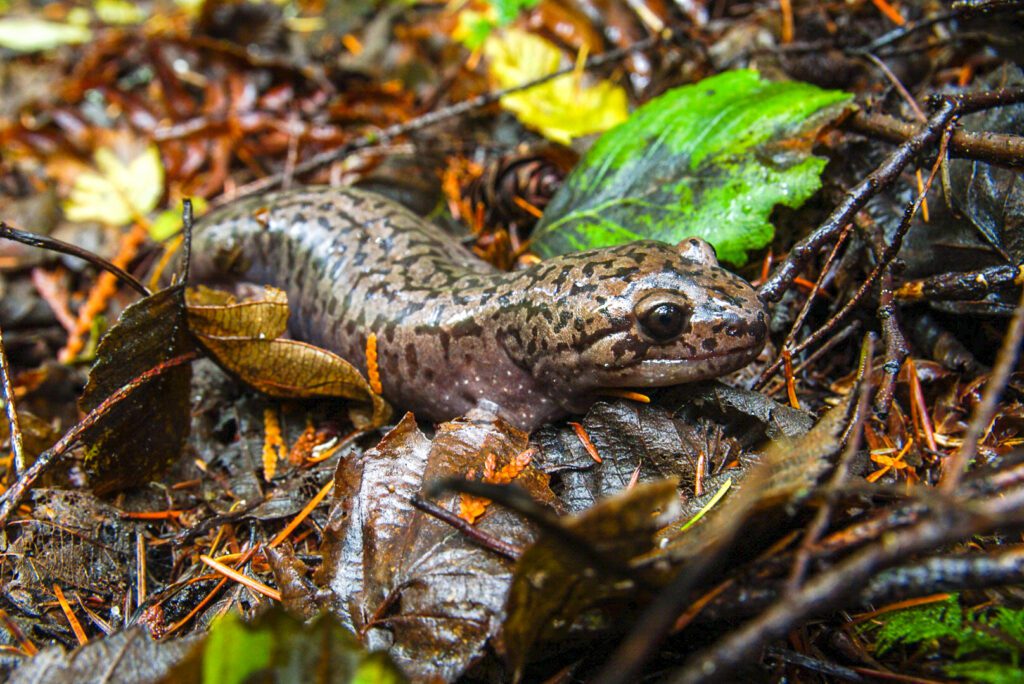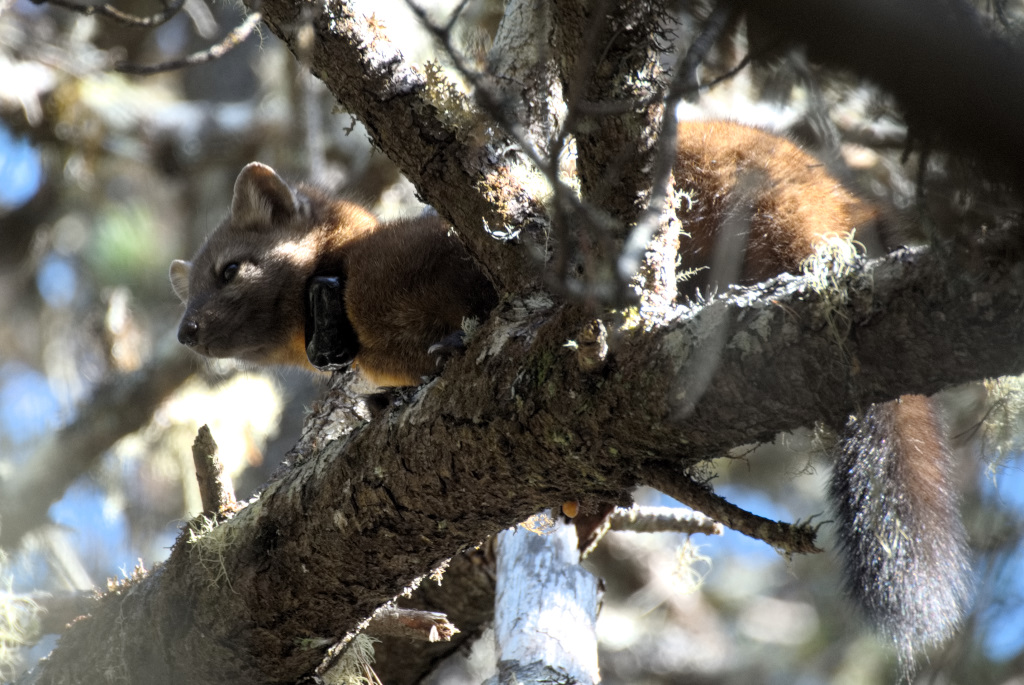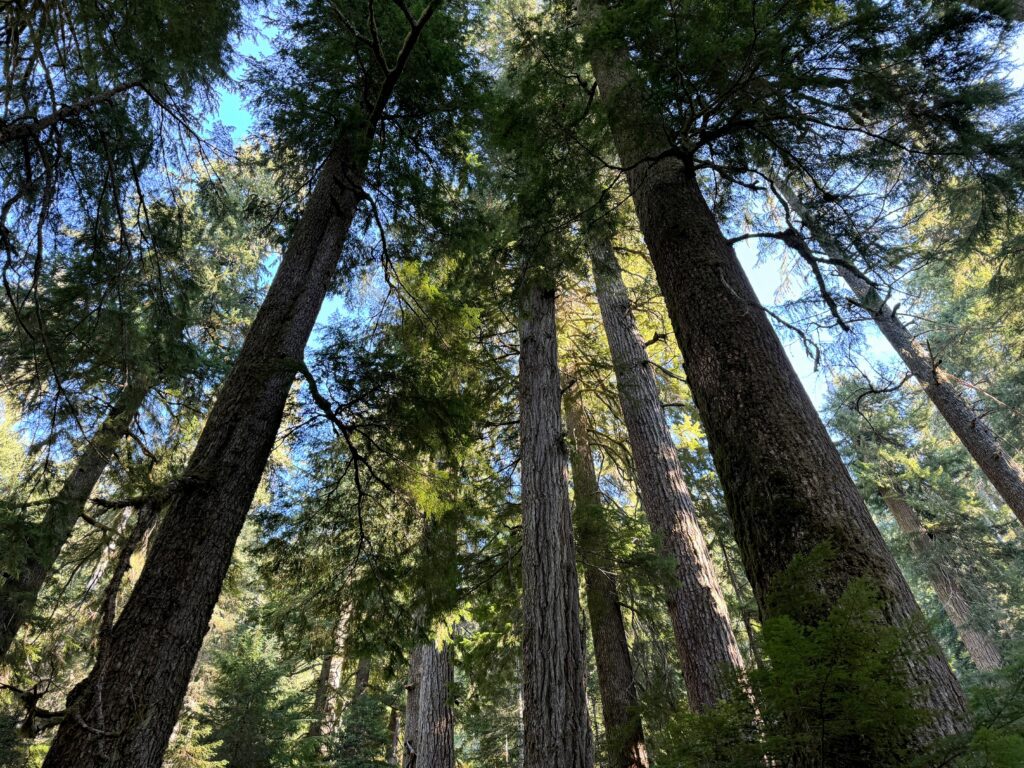Wolves
Wildlife advocates howled a resounding “hooray” when Coloradoans passed a ballot initiative last year requiring a wolf reintroduction in the state. Restoring this iconic species back to its historic range in the West is something Oregon Wild unequivocally supports. What we didn’t expect is that the source wolves for that reintroduction would come from Oregon. With Montana, Idaho, and Wyoming as states with much larger populations (and much vitriol for the animal), we assumed they would be likely (happy) to translocate wolves to Colorado. But that’s not how it’s playing out.
Earlier this month, Oregon and Colorado wildlife officials announced their partnership to translocate up to ten wolves. Last year’s count reported Oregon has about 178 known wolves in the state. Given Oregon’s stalled growth rate the last few years due in large part to poaching, agency-sanctioned killing, and vehicle strikes, it’s unclear how removing that many wolves from the state population won’t negatively impact recovery. And as the saying goes, ‘we have mixed feelings about that.’ We’ve been working hard to ensure Oregon’s statewide wolf recovery stays on track and will be advocating for policies that ensure that the translocation of those 10 wolves is coupled with increased conservation measures.
In other news, ODFW recently released this helpful video about wolf dispersal in Oregon. It’s educational, engaging, and doesn’t just focus on conflict (which we appreciate). Check it out and spread it far and wide!
Wildlife
YOU DID IT! Thanks to your dedication and advocacy, last month, the Oregon Fish and Wildlife Commission voted to ban wildlife killing contests on public land! This is an important step forward in the effort to eliminate these abhorrent practices. We applaud the Commission for taking this necessary step, however, due to a competing state law, the Commission didn’t have full authority to pass an outright ban on private property. While this is disappointing, wildlife conservation advocates will continue to monitor the implementation of this new rule while also assessing other ways to pursue a complete ban.
By now, you’re probably aware that this year marks the 50th anniversary of the Endangered Species Act – a law that has been critical in protecting our nation’s most vulnerable and imperiled fish, wildlife, and plants. We keep highlighting this important milestone because it is THAT important. As the climate and biodiversity crises intensify, we need every tool at our disposal to protect our most fragile species and ecosystems. And that starts with the Endangered Species Act.
Last month, Oregon Wild staff went to Washington, D.C., not just to celebrate the historic anniversary with partners and allies but also to make sure that our members of Congress know loud and clear: the ESA is vital in the fight against extinction. Together with the Executive Director of Elakha Alliance, constituents, and activists, we met with the Oregon delegation to ask for their support of the ESA and its role in addressing the biodiversity crisis.

Photo: Representative Bonamici with wildlife advocates.
In the News
In honor of the 50th anniversary of the Endangered Species Act, Oregon Wild’s Wildlife and Equity, Diversity, and Inclusion Associate got an opinion editorial published highlighting the importance of this anniversary and calling on our members of Congress to defend the Act!
Salmon is ecologically, culturally, and economically important to the Pacific Northwest. We applaud President Biden for directing federal agencies to restore wild salmon populations in the Columbia basin and honor tribal treaty rights.
The U.S. Fish and Wildlife Service and National Park Service are considering reintroducing three to seven grizzly bears to a portion of their historic range in the North Cascades, Washington. For folks interested in weighing in, a public comment period is open until November 13th.
